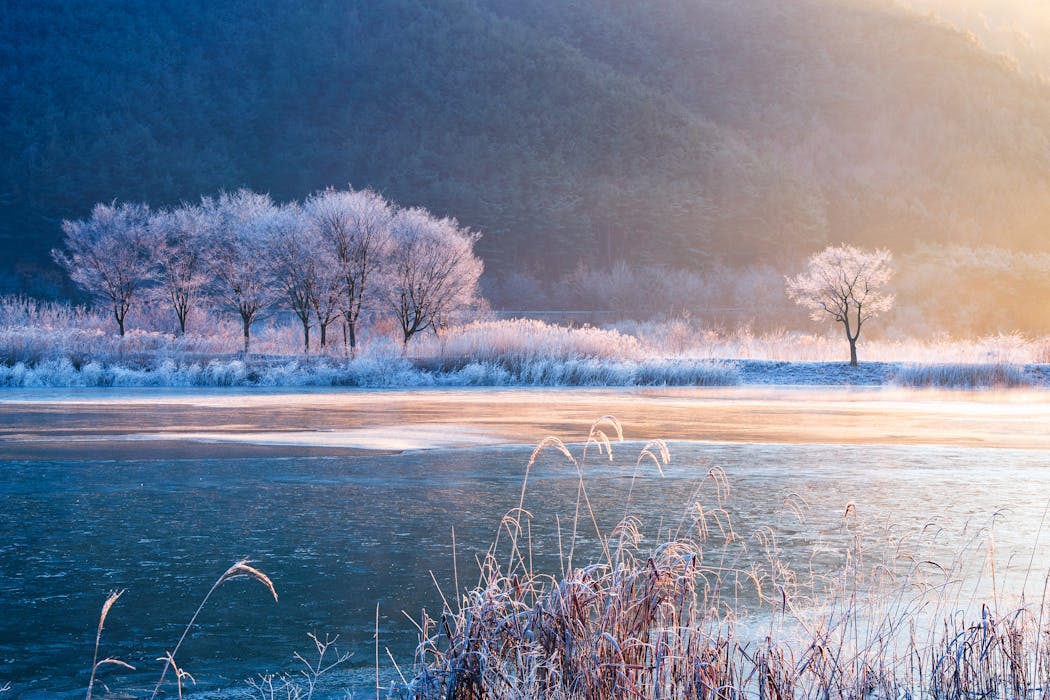 U-M sustainability experts regularly contribute to The Conversation, a free and independent source of news and views from the academic and research community. This Blog has received international praise for promoting content from university scholars and researchers with deep expertise in their subject.
U-M sustainability experts regularly contribute to The Conversation, a free and independent source of news and views from the academic and research community. This Blog has received international praise for promoting content from university scholars and researchers with deep expertise in their subject.

2/25/2026
The cost of casting animals as heroes and villains in conservation science
Scientists are philosophers, explorers, data collectors and number crunchers. They are also storytellers, placing data within a broader scientific and societal context. How they tell these stories matters. Read More.

What began as a straightforward question from one water-quality advocate has morphed into a high-stakes battle over an oil pipeline at the highest levels of the U.S. government – with implications that go far beyond the fate of a technical legal conflict. Read More.

When you look out across a snowy winter landscape, it might seem like nature is fast asleep. Yet, under the surface, tiny organisms are hard at work, consuming the previous year’s dead plant material and other organic matter. Read More.

If you go to a pro sports event today, there’s a good chance the stadium or arena will be powered at least in part by renewable energy. The team likely takes steps to reduce energy and waste. Some even claim to have net-zero greenhouse gas emissions, meaning any emissions they still do produce they offset by paying for projects, such as tree-planting, that reduce greenhouse gases elsewhere. Read More.
The Conversation is committed to knowledge-based journalism, based on facts and evidence. Experts work with journalists at The Conversation to provide evidence-based, ethical and responsible information. If you are interested in becoming an author, complete three short steps.
